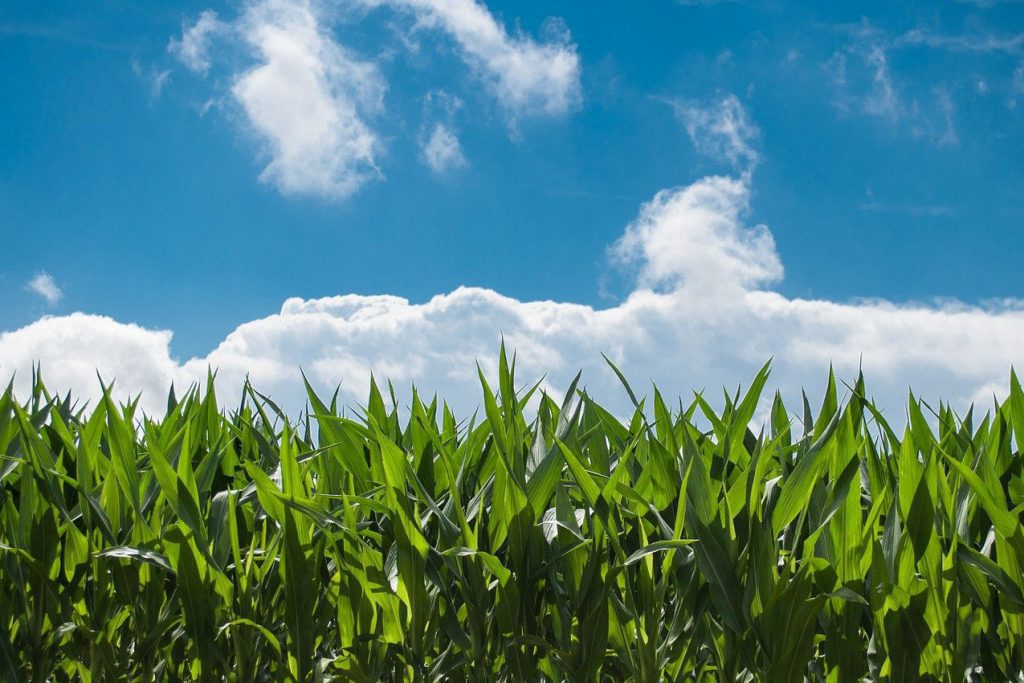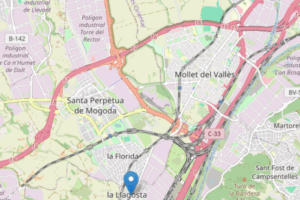
Improve the detection of radon gas in air and soil
February 10, 2021
An innovative technology to take advantage of the surplus energy generated by solar panels
February 18, 2021The Centre for Sensors, Instrument and Systems Development (CD6 UPC) works on the project Automatic hyperspectral pest counter, to improve the efficiency of integrated pest control through photonic engineering, by adopting an automated strategy that is environmentally friendly.
Precision agriculture, the new agricultural techniques, promote the use of sensors to capture, process and convert georeferenced data into useful information for decision-making. One EU target is to achieve sustainable use of pesticides by reducing their impact on human health and the environment through non-chemical alternatives.

The aim of the project is to design and construct a preindustrial prototype with the development of algorithms based on hyperspectral models and machine learning to adapt the algorithm to the recognition of other small insects that affect (citric) fruit crops, such as red scale (Aonidiella Aurantii), the most harmful pest for citric fruits.
The new system can be used to obtain images of georeferenced traps and provide automatic counts of the development of infestations in almost real-time. It identifies the type of insect associated with the infestation, based on its properties. The system will help the farmer to respond in the best way to infestations that involve very small insects, with maximum protection and zero waste.
This project is supported by companies and clusters in the agricultural sector and has been cofunded by the European Union through the European Regional Development Funds (ERDF). It is supported by the Secretariat for Universities and Research of the Government of Catalonia’s Ministry of Business and Knowledge.
Technology
You want to know more?
Related Projects
- A team from the Environment Centre Laboratory (LCMA) of the Universitat Politècnica de Catalunya - BarcelonaTech (UPC) is taking part in a study commissioned by the city councils of la Llagosta, Mollet and Santa Perpètua (in Vallès Occidental), with the main objective of identifying the impact of industrial plants on the generation of unpleasant odours and continuously monitoring air quality in these municipalities.
- A multidisciplinary team of researchers from the Research Group in Smart and Sustainable Resources and Industries (RIIS), the Sustainable Mining Research Group (GREMS), and the Construction Materials and Roads (MATCAR) group at the Universitat Politècnica de Catalunya – BarcelonaTech (UPC) is leading the VALORFIN project. The aim is to develop a technological solution for the valorisation of the fine fraction of construction and demolition waste (CDW), transforming it into new low-CO₂-emission cementitious materials, while also reducing the presence of hazardous materials in this waste.
- The organisation CARBOPESCA, together with the research group Development Center of Remote Acquisition and Information Processing Systems (SARTI) and the Efficient and Robust Integrated Circuits and Systems (EFRICS) group, at the UPC, are leading the iPROPEZESPADA project, an initiative aimed at optimising the capture and management of swordfish fishing using artificial intelligence.
- The Environmental Engineering (ENMA) research group leads the WhATTer project with the aim of developing an innovative and sustainable solution for the treatment of textile wastewater through an electrochemical/alkaline electrolysis system that allows for simultaneous hydrogen production. The project is carried out in collaboration with the Textile Technology (TECTEX) and Polymeric Materials and Textile Chemistry (POLQUITEX) research groups at the facilities of the Institute of Textile Research and Industrial Cooperation of Terrassa (INTEXTER) at the Universitat Politècnica de Catalunya - BarcelonaTech (UPC).




